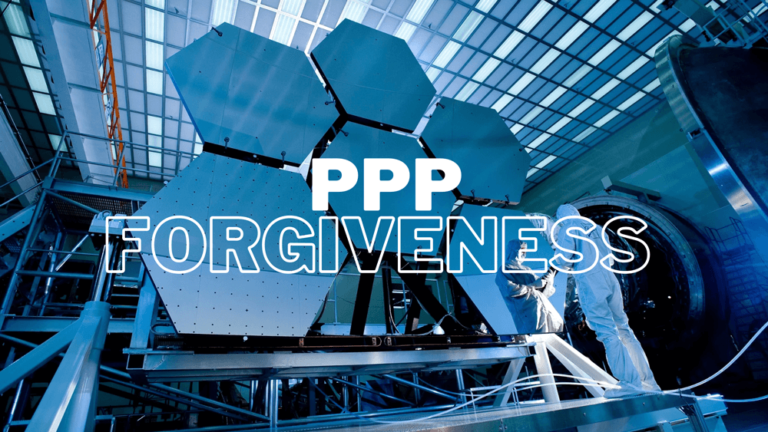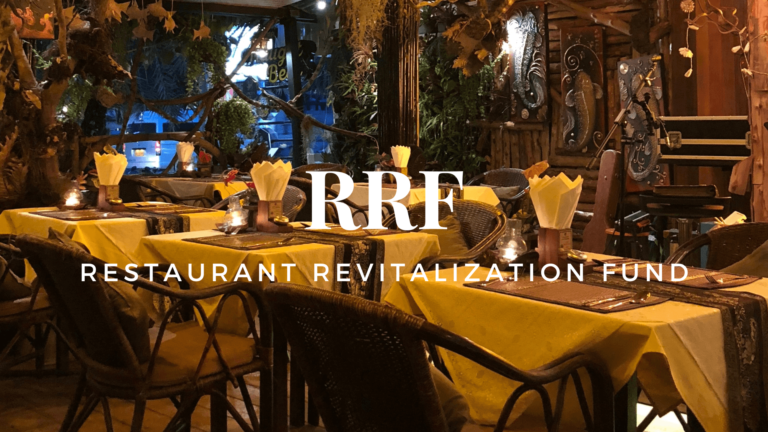- We provide free initial consultation to explore the tax credits eligibility.
- We work with some of the most successful businesses in the industry and start-ups
Business grants provide support to businesses to achieve their goals and objectives, create employment and meet their business expenses. During the pandemic, various authorities in the United States provided immeasurable grants to businesses to keep the business running and generate employment opportunities.

The Paycheck Protection Program gives small businesses the tools they need to keep up with payroll, rehire potential layoffs, and pay for necessary overhead.
The Small Business Administration, with assistance from the Department of the Treasury, administers the Paycheck Protection Program, which was created by the CARES Act. This program offers small businesses money to cover up to 8 weeks' worth of benefits-covered payroll expenses. Additionally, money can be used to cover the interest on loans, rent, and utility bills.
Experts at IncenCred can assist with obtaining PPP loans and getting forgiveness with your lenders.
An Economic Injury Disaster Loan Program (EIDL) can assist you in fulfilling financial responsibilities that your company or private, non-profit organization would have been able to fulfill in the absence of the calamity. It offers protection from immediate economic damage brought on by the disaster and enables you to keep a manageable operating capital position during the disaster-affected period. EIDLs cannot make up for missed sales or income.
Regardless of whether the applicant experienced physical damage, the EIDL can offer up to $2 million in financial assistance (actual loan amounts depend on the amount of economic injury) to small businesses or private, non-profit organizations that sustain significant economic injury as a result of the declared disaster.
Experts at IncenCred can assist with obtaining EIDL grants for your organization.


The Economic Aid to Hard-Hit Small Businesses, Nonprofits, and Venues Act later amended by American Rescue Plan Act established the Shuttered Venue Operators Grant (SVOG) program which includes grants totaling over $16 billion for closed venues.
Businesses in the performing arts that are eligible and affected by COVID-19 are given SVOG emergency aid.
The goal of the SVOG program is to assist eligible live venue operators, live venue promoters, theatrical producers, talent agents, live performing arts organization operators, museums, and movie theaters in continuing to run their businesses despite the uncertain economic climate brought on by the COVID-19 pandemic.
Experts at IncenCred can assist with obtaining SVOG grants for your arts business.
The Restaurant Revitalization Fund (RRF) was created under the American Rescue Plan Act to offer assistance to support restaurants and other qualified businesses in keeping their doors open. Through this initiative, restaurants will get money equal to the revenue lost as a result of the epidemic up to $10 million per company and no more than $5 million per physical location. As long as the money is put to use by March 11, 2023 for approved purposes, recipients are not compelled to pay it back.
Experts at IncenCred can assist with obtaining RRF for your restaurant chains and groups.


Our extensive tax credit team is the finest in the industry. We cultivate smart ideas for start-ups and successful businesses in the industry. By adhering to the best practices, we provide next generation tax credit consultancy.
The first step is to decide in which state you want your business to incorporate in. Next, the legal entity type within that state. There are benefits to each choice and we've laid out some information below to help you decide. The most common option is an LLC incorporated in Delaware.
The first step is to decide in which state you want your business to incorporate in. Next, the legal entity type within that state. There are benefits to each choice and we've laid out some information below to help you decide. The most common option is an LLC incorporated in Delaware.
The first step is to decide in which state you want your business to incorporate in. Next, the legal entity type within that state. There are benefits to each choice and we've laid out some information below to help you decide. The most common option is an LLC incorporated in Delaware.
" Nulla metus ullamcorper vel tincidunt sed euismod nibh Quisque volutpat condimentum velit class aptent taciti sociosqu ad litora torquent per conubia nostra. "
" Nulla metus ullamcorper vel tincidunt sed euismod nibh Quisque volutpat condimentum velit class aptent taciti sociosqu ad litora torquent per conubia nostra. "
" Nulla metus ullamcorper vel tincidunt sed euismod nibh Quisque volutpat condimentum velit class aptent taciti sociosqu ad litora torquent per conubia nostra. "


Top Seven Warning Signs of Incorrect Employee Retention Credit Claims: A Critical Review Before the March 22 Deadline admin /…

Conquer US Tax Compliance from Any Corner of the Globe! admin / March 24, 2024 / Business and Finance The…

Navigating Uncertainty: The CFO’s Guide to Risk Management admin / March 28, 2024 / CFO Services In the dynamic landscape…
Employee retention tax credit abbreviated as “ERC” is a retroactive refundable tax credit provided by the CARES Act in 2020 for supporting businesses to retain employees in 2020 & 2021.
Employers who were impacted as follows are eligible for ERTC:
1. full or partial suspension orders by the Government, or
2. Had significant decline in sales, or
3. Started business operations after 02/15/2020, or
4. Severely financially distressed employer
Employee retention tax credit (ERC) are not taxable but the employers are required to reduce wages declared on income tax returns for respective years for which Employee retention tax credit have been approved by the IRS. You will have to file an amended income tax return in most cases.
Employee retention tax credit (ERC) can be claimed until Q3 2021 for businesses other than recovery startups & severely financially distressed employer. If your business qualifies as recovery startups or severely financially distressed employer , then you can be eligible for Q3 2021 & Q4 2021 Employee retention tax credit (ERC).
The lawmakers passed Infrastructure Act (Bipartisan Law) to restrict the businesses from claiming Employee retention tax credit (ERC) beyond Q4 2021. There are no signs for ERC to be extended for 2022 despite businesses are still struggling to get back with normal operations.
Yes, Non profit organizations are equally eligible as other for profit businesses to claim Employee retention tax credit (ERC).
Yes, even if you incorporated or started your business operations in 2020, you are still eligible for Employee retention tax credit (ERC) under normal eligibility route or recovery startup business.
Yes, employers who have availed PPP loan forgiveness are still eligible for Employee retention tax credit (ERC). However, no double dipping of payroll costs as declared on PPP loan forgiveness applications.
As per Constructive ownership rules, owners having more than 50% interest in the business are not eligible for Employee retention tax credit (ERC). However, other non related employees can still be eligible for Employee retention tax credit (ERC)

At IncenCred, we unravel tax complexities with unmatched expertise. From challenging IRS disputes to international tax intricacies and comprehensive accounting, our proven track record establishes us as leaders in tax consulting. We’re your partners in clarity, strategy, and success.